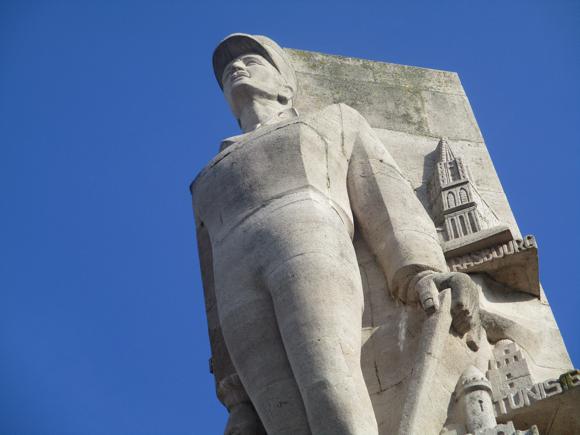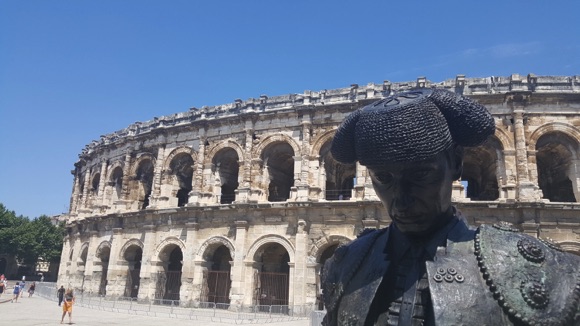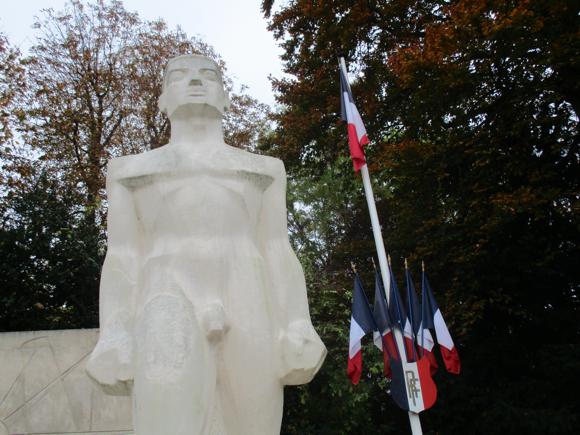Teams, tales and tips – a guide to the local game
The rugby hub of Toulouse is also the home of Toulouse FC, whose Stadium is used for both codes. Set on an island west of the city centre, ‘Le Stadium’ was built for the World Cup of 1938 and hosted several games 60 years later, including Romania’s last-gasp win over England.
Le Stadium and its surroundings were upgraded and relandscaped to host Euro 2016. Regular hosts TFC (‘TéFéCé’) continue to use it – as do multi-titled rugby club Stade toulousain for bigger Heineken Cup and Top 14 fixtures.
This imbalance in profile between the local sports teams – TFC have only one French Cup to their name – points to football’s patchwork history here. Today’s Toulouse FC derive from Union Sportive Toulouse from the 1970s, themselves derived from the original TFC formed, like Le Stadium, on the eve of the 1938 World Cup.
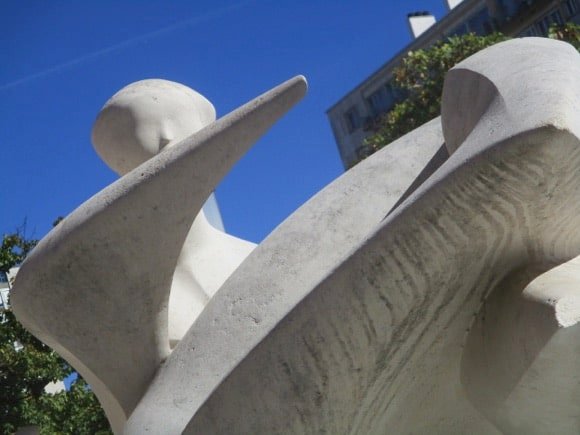

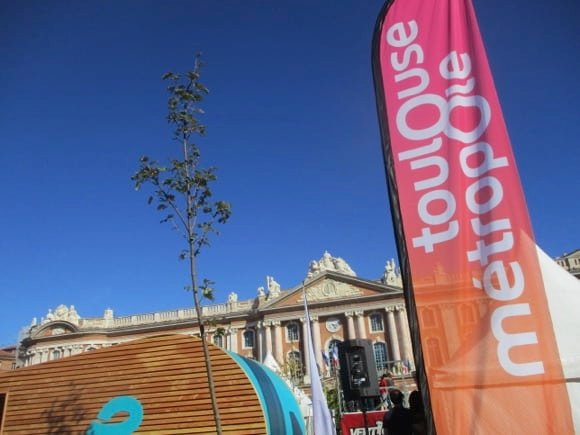
Teams of local students and enthusiastic amateurs first practised football in the early 1900s but it wasn’t until an exhibition tournament in 1936 here that the idea of a professional team take root. The following year, at a meeting on the main square of place du Capitole, the original Toulouse FC were formed.
Wearing red and white, TFC made Ligue 1 in 1946 and attracted healthy crowds to Le Stadium, expanded after the war. The club’s best period came in the 1950s, when TFC pushed Reims close for the title in 1955, and won their only trophy, the French Cup, in 1957.
Under their Communist millionaire owner Jean-Baptiste Doumeng, TFC maintained a steady Ligue 1 presence – until Doumeng’s millions ran out. The club was amalgamated with Red Star of Paris in 1967 in a desperate and failed attempt to keep it alive.
A new club, Union Sportive Toulouse, was formed in 1970, renamed Toulouse FC in 1979. After Ligue 1 promotion in 1981, and the arrival of international stars such as Yannick Stopyra and Dominique Rocheteau, TFC achieved high-place finishes and claimed a few scalps in Europe.
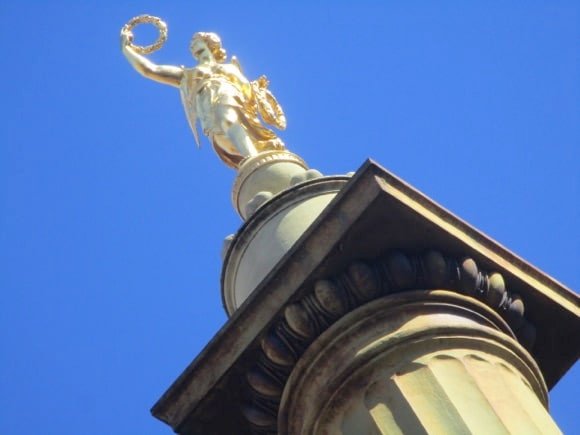
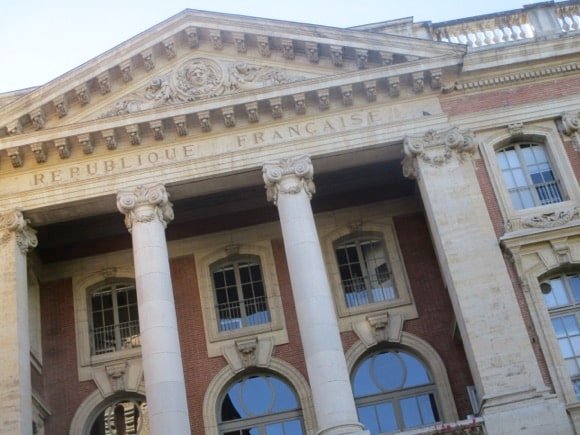
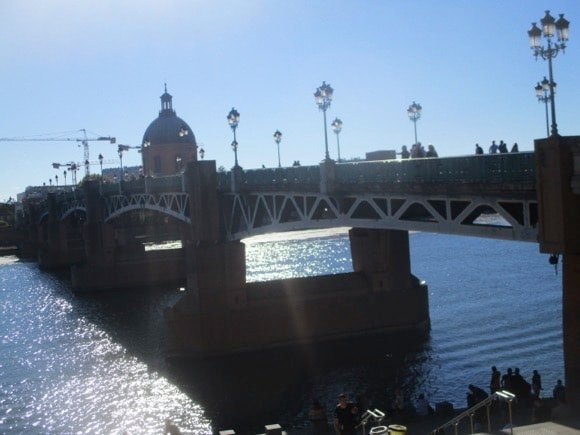
A decade of inconsistency then followed before aeronautical entrepreneur Olivier Sadran bought the club in 2001. His money put TFC back into the frame, allowing former US Toulouse goalkeeper Élie Baup to build a formidable side that qualified for the Champions League in 2007.
The same development programme that produced Fabien Barthez in the late 1980s brought more young stars through, managed to keep TFC in Ligue 1 – at least, until 2020. That was when US-based RedBird Capital bought a majority share in the club, enabling TFC to win Ligue 2 in 2022.
As crowds returned to Le Stadium, entertained by family-friendly pre-match attractions, les Violets responded in kind by winning their first Coupe de France in 2023. The subsequent European campaign, the club’s first since 2009, pitted TFC against Liverpool, Union Saint-Gilloise and LASK of Linz.
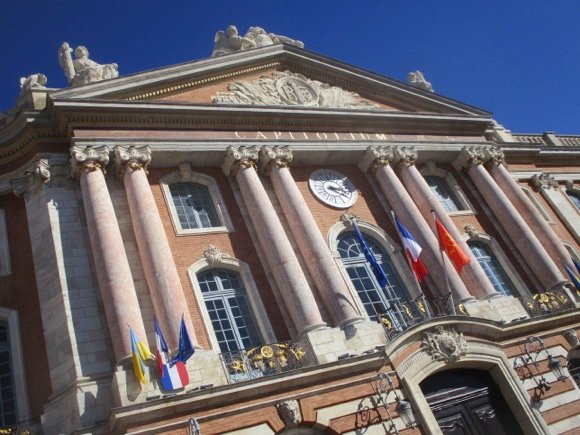
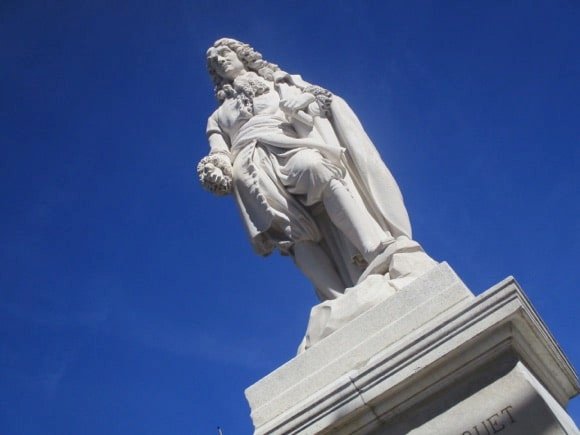
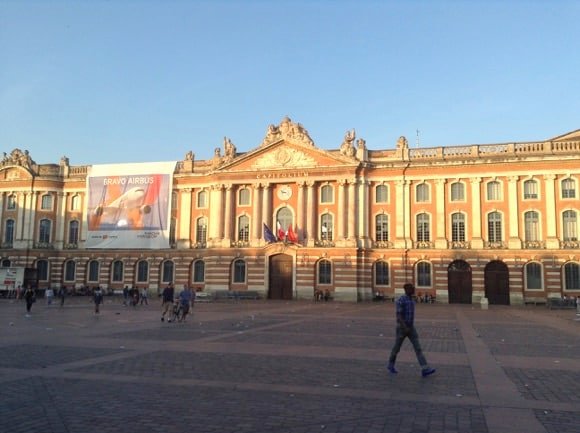
Getting Around
Arriving in town, local transport and timings




Toulouse-Biagnac Airport is 7km (four miles) west of town. City transport company tisséo runs the local network of a one-line tram system, metro lines A (red) and B (yellow) and buses. The nearest stops to Le Stadium, set on an island south of town, are T1 Croix-de-Pierre, and Saint-Michel Marcel Langer or Empalot on metro line B.
The branch of the T2 tramline that ran from the airport closed in 2023, meaning quick, easy hops between the airport and the stadium are no longer possible while a new express link is under construction. An Airport Shuttle bus (€9, valid for 90mins) runs every 20mins to the city’s main train station, Matabiau, via central Jean Jaurès on lines A and B of the metro. Changing at Jean Jaurès connects you via yellow metro line B to Empalot or Saint-Michel Marcel Langer near Le Stadium.
The stop serving Toulouse Matabiau station north-east of the city centre is Marengo-SNCF, on red metro line A. Arriving by train, you can reach Le Stadium using this line to Arènes, then either walking (15-20mins) or changing for Croix-de-Pierre two stops away on the T1 tramway.
A single journey is €1.80, a day pass is €6.60, €13.30 for 3 days. There are machines at stations and stops, including the airport. You must validate the ticket each time on board the tram/bus or at the metro station, even day passes.
Capitole Taxi (+33 5 34 250 250) should charge around €35 from the airport to town, about the same direct to Le Stadium.
Where to Drink
The best pubs and bars for football fans

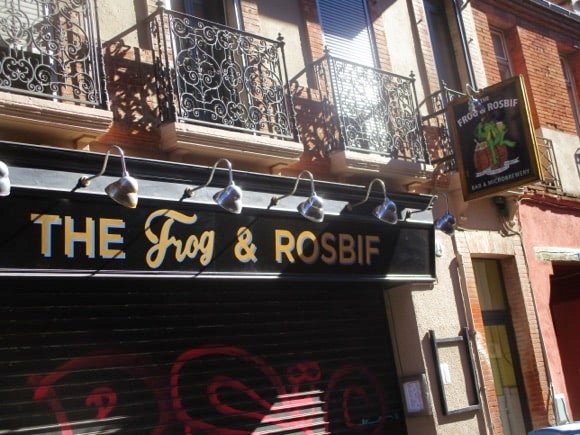

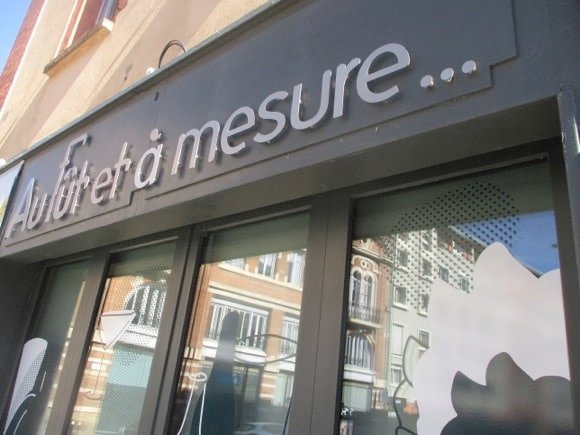
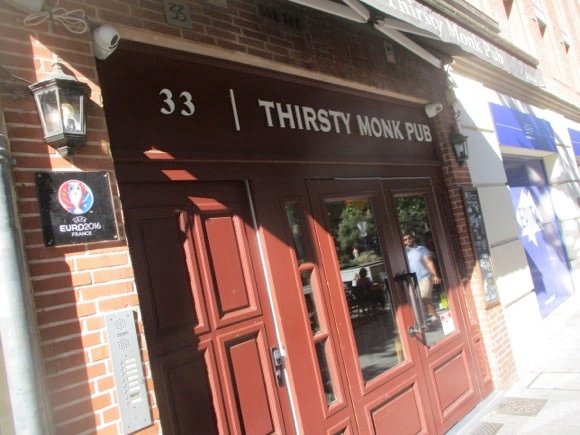
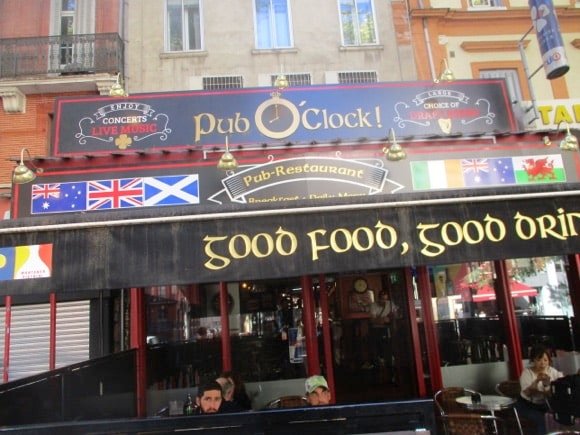
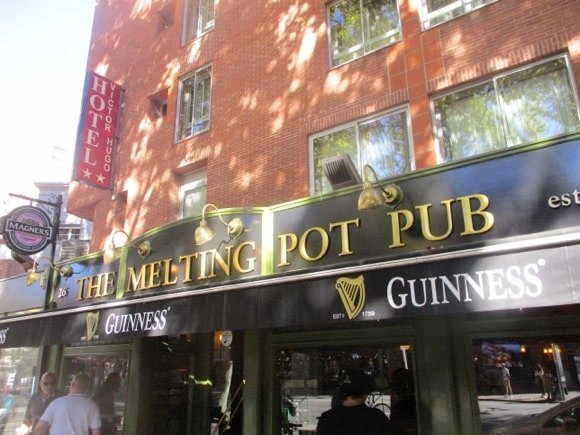
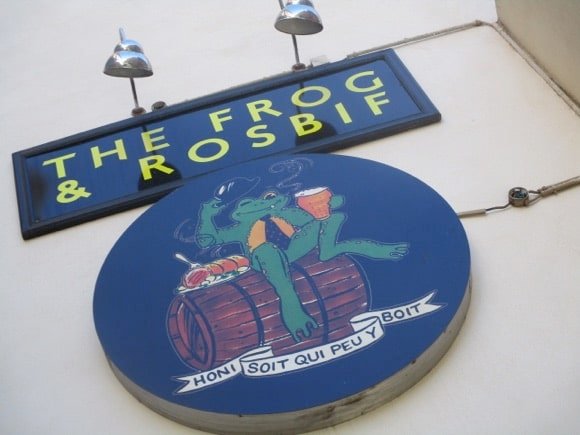
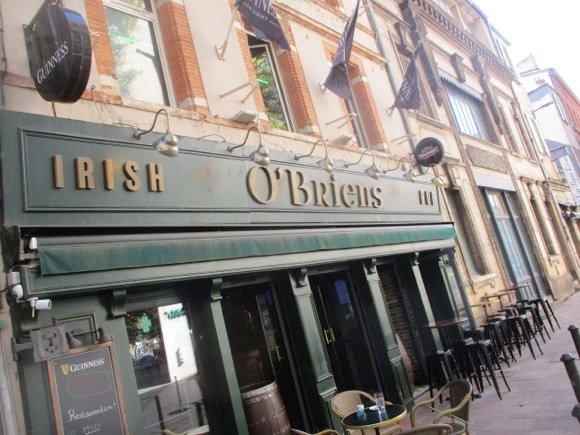
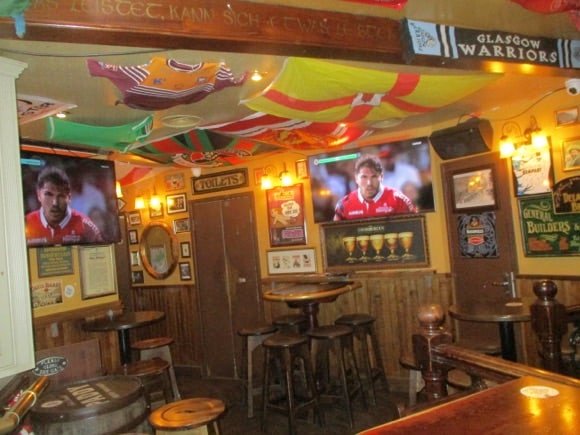
Several sport-friendly places can be found close to Jean Jaurès in the city centre. The excellent Melting Pot Pub on boulevard de Strasbourg has long been a prime spot for match watching – more than 30 years, in fact. Across the street, Pub O’Clock has a similar remit, plus an attractive terrace to watch Toulouse go by.
On Jean Jaurès itself, the Thirsty Monk offers a dozen beers on tap, live sport and late opening at weekends. The pavement terrace can get lively on big-match nights. Just off the main boulevard, by the junction with rue des Trois Journés, O’Briens might not be the most authentic Irish pub in France but it shows sport and its terrace catches the afternoon sun.
Also near Jean Jaurès, you’ll find a branch of the nationwide chain Frog & Rosbif on rue de l’Industrie. A short walk away on rue Gabriel Péri, you’ll find the Toulouse branch of the nationwide Au Fût et à mesure, which bring sought-after draught brews to the fore, as well as TV sport.
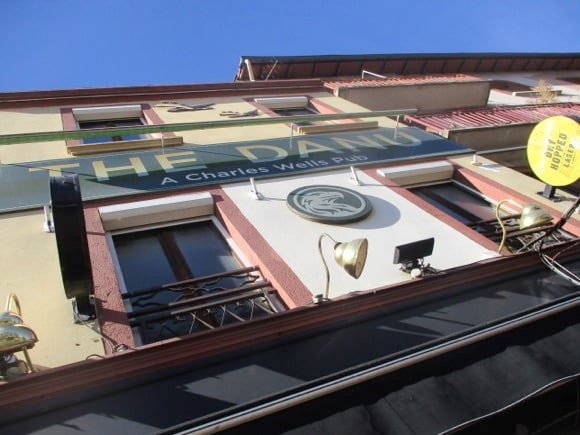

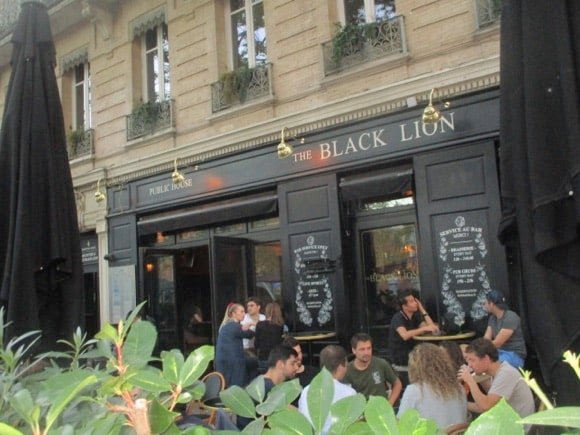

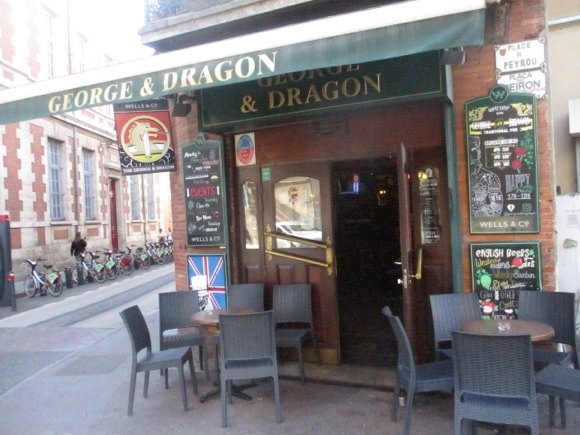
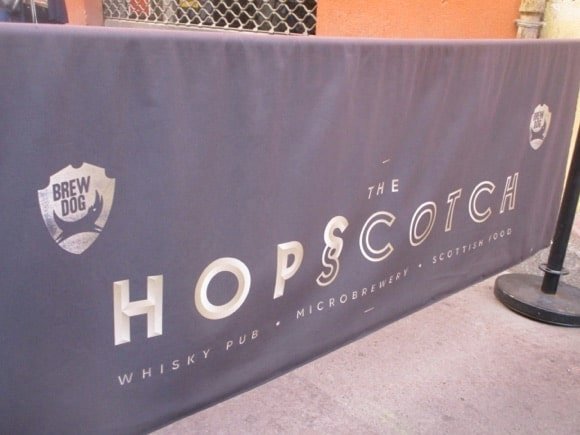
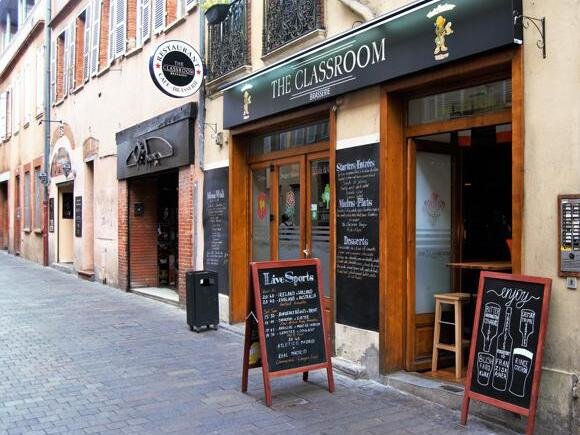
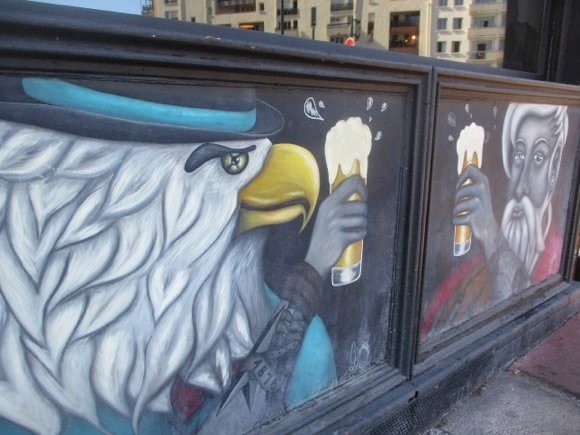
Close to the Basilica on place du Peyrou, the late-opening George & Dragon offers darts, live music and ales from the Eagle Brewery in Bedford. It’s run by the nationwide Charles Wells France group that also oversees The Danu at 9 rue du Pont Guilhermery across town, a large pub/restaurant with sport firmly on the menu.
Over around Capitole, on rue Pargaminières, The Classroom has organic cider and gourmet burgers on the menu but still puts its focus on TV football. Tucked away down little rue Baour Lormian a short walk from the city’s main square, the Hopscotch Pub & Brewery specialises in microbrewed beers and Scots whiskies.
Keeping things upscale, on place St-Georges, snazzy Le Wallace puts up TV screens for major football occasions. Another destination for TV sport, right by Capitole, sleek Le Donjon at 2 rue du Poids de l’Huile has transformed itself into a rather trendy tapas bar.
Near the river and the Palais de Justice, the Black Lion shows sport in comfortable surroundings, attracting a well-to-do crowd here for the gastronomy as much as the match action. The leafy terrace fills with friendly post-work chatter on warmer evenings.
Where to stay
The best hotels for the stadium and city centre
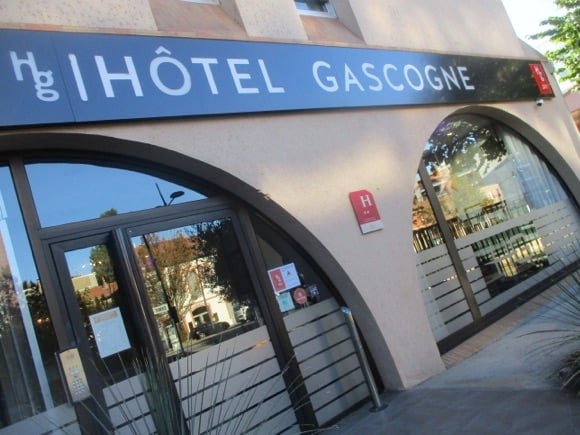
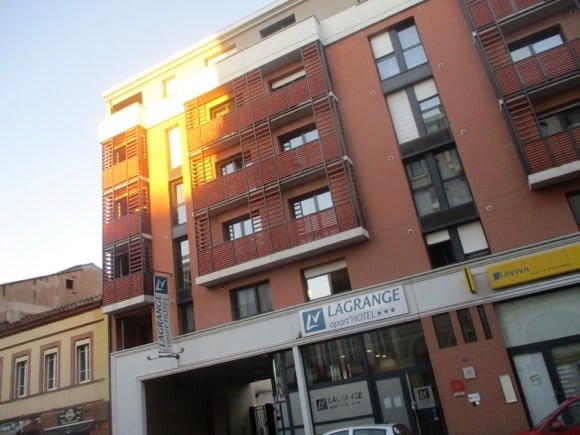
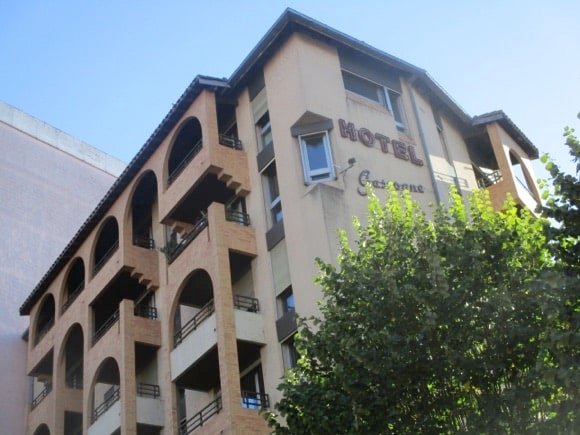
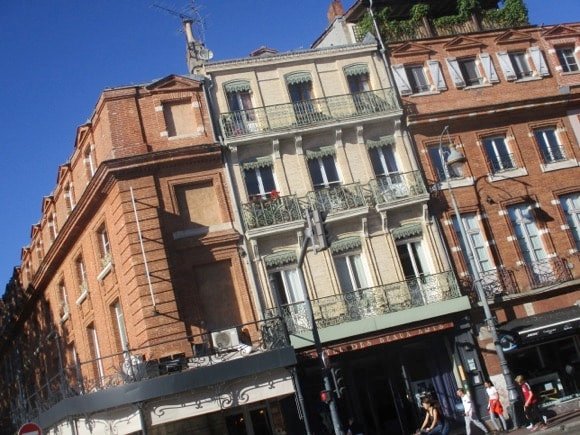
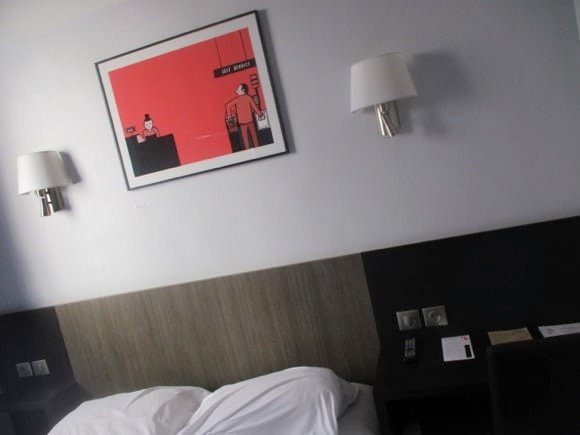
Toulouse Tourist Office runs an online room-booking service.
With the stadium being on an island, there are few accommodation options in the immediate vicinity – though beside St-Michel Marcel Langer métro station you’ll find the Aparthôtel Lagrange City Toulouse Saint Michel, with a mix of comfortable studios for one to six people.
One excellent choice also convenient for the stadium is the Hôtel Gascogne, an upper mid-range lodging at two-star prices, comfortable and contemporary, where staff go beyond the call of duty to make guests feel at home. Nearby Fer à Cheval is two tram stops from the stadium or it’s a 15-20min walk.
Just the other side of pont Neuf, nearer Esquirol métro, the Hôtel des Beaux-Arts is a boutique four-star set in a historic corner building overlooking the river. Across the street, the Hotel Garonne is similar in character – and price.

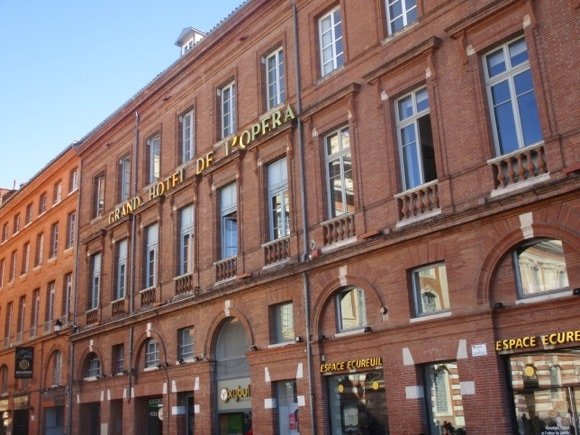

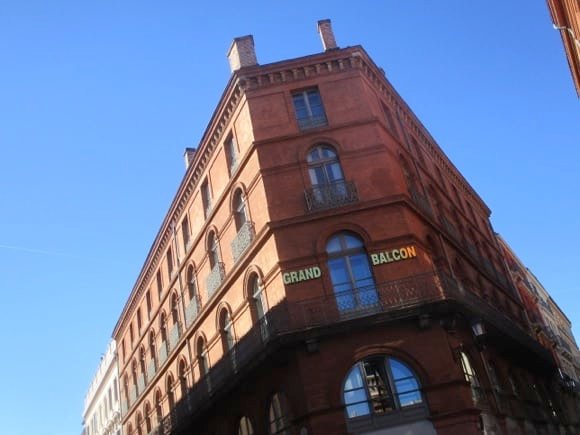
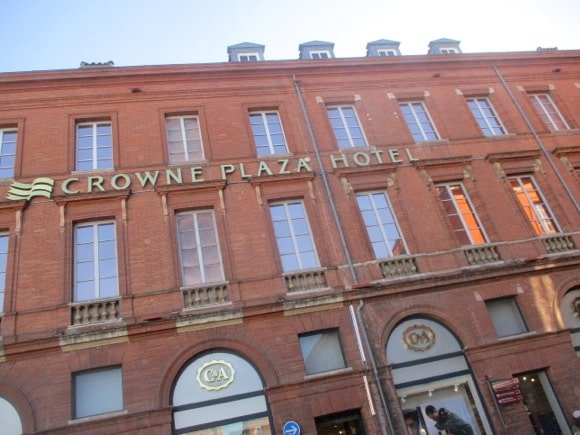
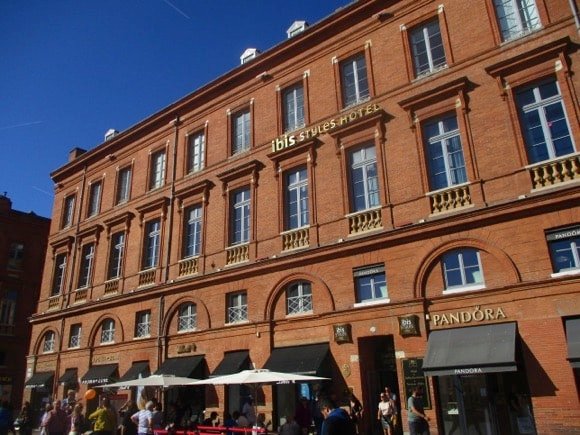
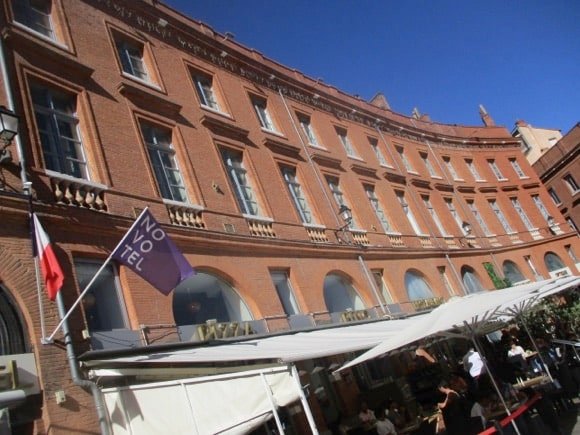
Hotels also surround the main square. Lining one side, in a historic building converted in 1909, the Grand Hôtel de l’Opéra is the best address in town, place du Capitole 1, offering in-room massages and a Michelin-starred restaurant in the courtyard. Facing it across the square, the Ibis Styles Toulouse Centre Capitole is not like your everyday ibis but one set in a similar heritage building dating back to the 1600s. Rates of around €150 a double are higher than most ‘design economy’ hotels – but this is no average design economy hotel.
Behind a similar historic façade on the main square, the Plaza Hotel Capitole has just changed hands and is still offering four-star accommodation while the new owners work out what to do.
Nearby on rue Romiguières, Le Grand Balcon is a historic gem, echoing the pre-war Toulouse. On rue Rivale, the Albert 1er provides a personal touch with superior three-star lodgings. Lining one side of a pretty central square, the Novotel Toulouse Centre Wilson features a gym, sauna and hammam.
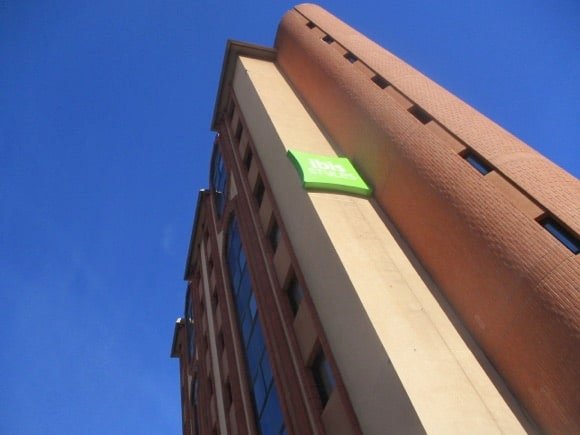
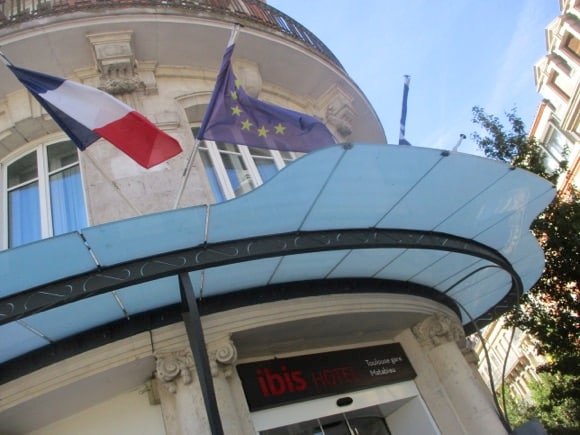

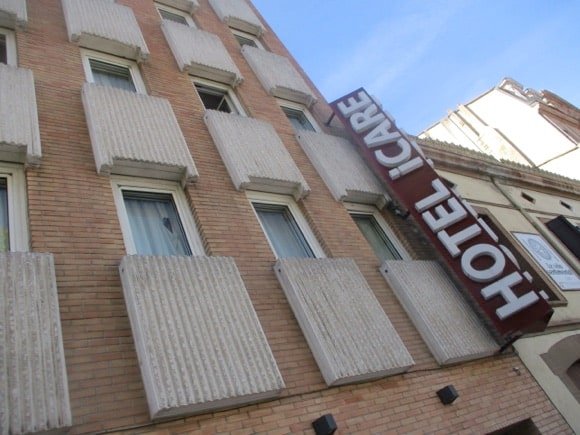
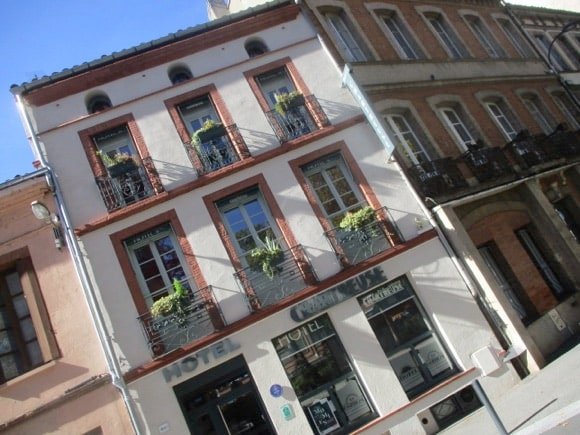
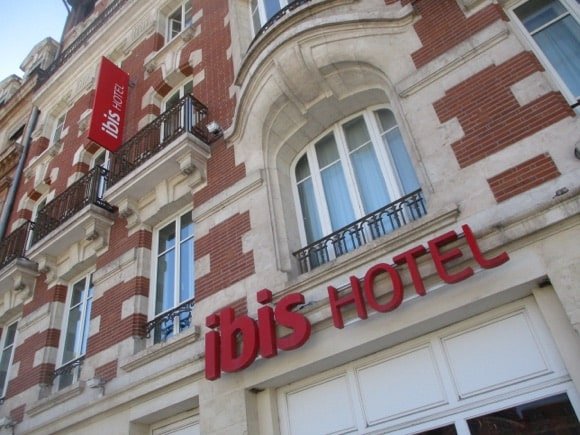
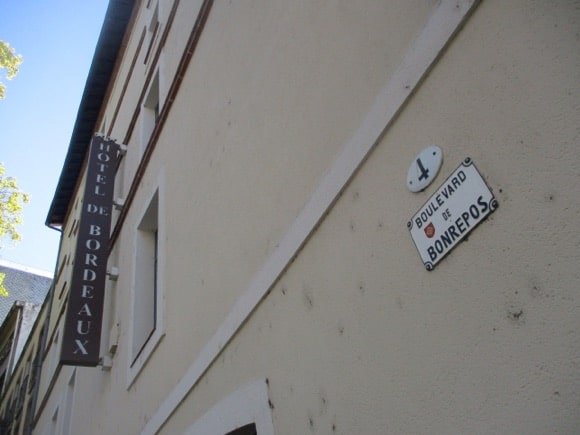
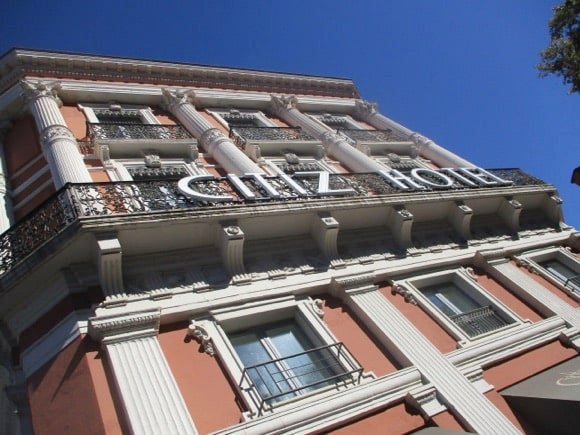
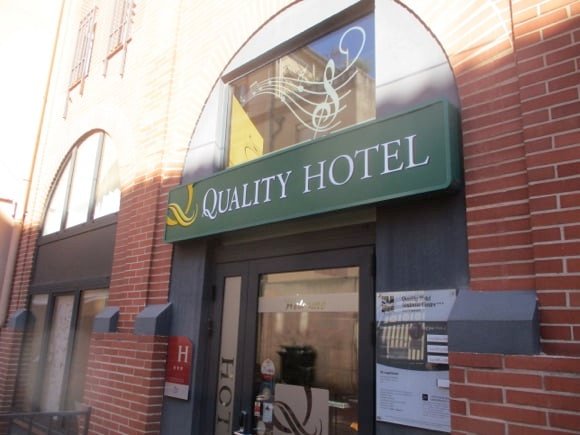
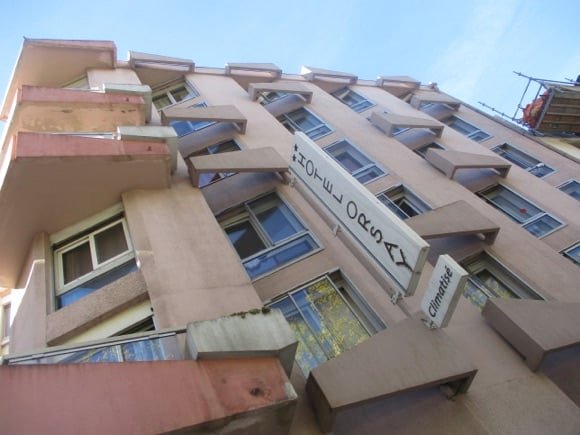
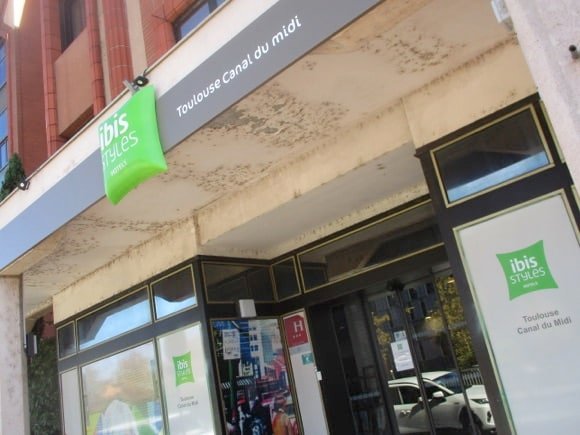
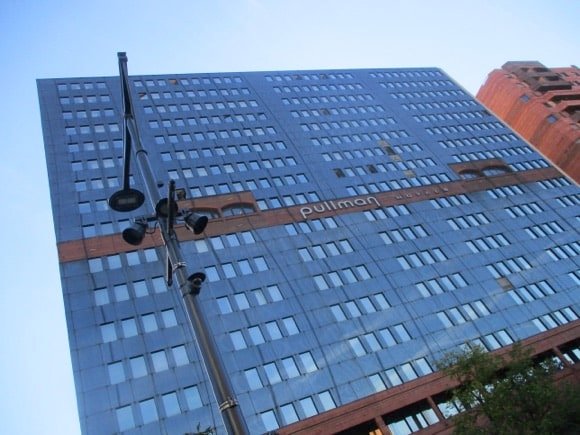
Right by Jean Jaurès, the independent Citiz offers comfort and convenience. The nearby Ours Blanc is one of a family of three two-to-four star hotels in the vicinity. Also in the vicinity, on rue Nicolas Bachelier, the Quality Hotel Toulouse Centre represents an affordable, mid-range option.
Overlooking a pretty waterway, just across from The Danu pub, the bright ibis Styles Canal du Midi stands a pleasant 15-minute walk from Matabiau train station. Only five minutes from the rail terminus, stablemate the ibis Budget Toulouse Centre Gare awaits wallet-conscious travellers.
Just over the canal from the station, the Pullman Toulouse Centre Ramblas performs the same function but for more discerning and higher-paying customers. Lining the canal facing the station, a string of lodgings includes the one-star but adequate Chartreuse, the modest Bordeaux and the equally affordable Hôtel d’Orsay, while the similar Icare even offers online discounts.



